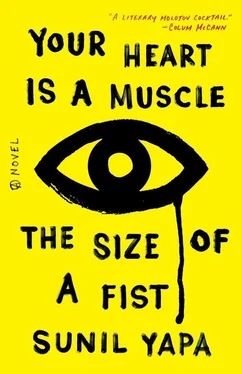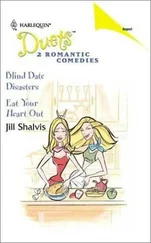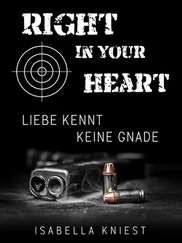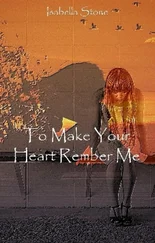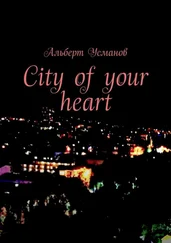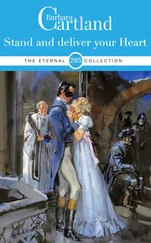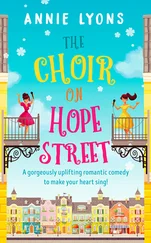Some expression of your compassion for that war-torn country whose citizens are just skin and bones, and who, you imagine, weep long into the night cursing God for a scrap of bread?
A protest march — that’s what we call this, right?
Or maybe they’re crying because their children make T-shirts in an export-zone sweatshop and yesterday there was an accident — the place burned to the ground and no one had the technology on hand to identify one pile of human ash from another.
Or maybe their son was shot in the head and dumped in a muddy hole and floured with lime and buried beneath a shallow mound of bulldozed earth.
Maybe it was HIV and they couldn’t afford the drugs.
Wasn’t that what it was called? When you called some friends and made a sign with colored paper and scissors and glue to express your solidarity with the charred bodies of children?
A protest march?
“Sometimes,” Victor said to nobody in particular, “I feel like I’m living on the fucking moon.”
“I know. I mean that’s why we’re here, right?”
He turned to find a girl sitting next to him.
She took his hand nonchalantly as if they were brother and sister, Christmas morning, circa 1989, waiting for the orgy of paper and presents. “Can’t you feel it? All these people out here together, marching for, you know, justice?”
Victor nodded. He was sort of noticing her hair. Noticing the way she was sitting next to him on the bench. She was pretty in a sophomore year of college kind of way with a button nose and a pink bandanna knotted peasant-style in her corn-silk hair.
She noticed him noticing.
“Don’t you have one?”
She touched her hair. Apparently she thought he was checking out her bandanna. When he didn’t say anything, she undid the knot. She unwound the bandanna, shook her hair free, and offered it to him.
“That’s all right,” he said, and touched his forehead where his own bandanna held back his braids. She smiled and shrugged and together they sat and watched the crowd.
On an impulse, just the good feeling of it, he leaned into her ear.
“Let’s get high.”
Victor felt an immediate ice. She was still sitting there, but it was a certain thing you could sense, a withdrawing into the self as if a switch had been flipped.
“It’s good shit,” he said, and reached for the half a joint in the pocket of his down jacket.
She actually stepped off the bench.
He bent and lit the roach. Made his body a cave in which a match could flame, and by god it did. He nearly cheered. He shook the match and took a great gasping drag. He held it in his lungs a beat, and then exhaled sweet smoke that zipped across the heads of the crowd like a little runaway train careening off a bridge.
The girl was just standing there looking at him. People were passing in the carnival behind her.
“You can’t do that here,” she said.
He offered it to her. “Don’t worry about the cops,” he said.
“No. Look, you don’t understand. This is a drug-free area.”
He took another drag and laughed smoke. “This is a protest march.”
“Where’d you hear that?” she said. “This isn’t a protest march. This is a direct action.”
“Whatever,” he said. He hit the roach again. “What’s the difference?”
She stepped forward, put one foot onto the bench, plucked the joint from his lips, and then flicked it to the ground and crushed it into the pavement with her boot.
“Fucking seriously, dude.”
In the beam of that cool knowingness he suddenly felt less sure of himself. How could he ever have mistaken her for nothing more than a sexy undergrad? She was a radical, a revolutionary, and he suddenly wanted to be as far away from her as humanly possible.
Her bandanna. The pink flap of cotton which had been holding back her hair. She pressed it into his hand and closed his fist around it.
“Trust me,” she said, beginning to move off, “you’ll want it later.”
Victor, frozen to the bench, dumbfounded, watched her go, the bodies moving past him, sat there mute and scared, letting the noise wash over him in waves.
He wanted to call out to her. He wanted to apologize, to throw away his weed forever and call her back.
He looked at the pink bandanna in his hand. He wanted to call out, “I’ll need it for what later?”
Which is when he heard the man’s voice. The pissed-off Freedom Rider husband saying loudly, “That’s him, Officer. That’s him, right there.”
Victor turned. The husband was talking to a cop on a horse. The cop was sitting tall. Following the husband’s finger pointing Victor’s way. There was something wrong with his face. A seriously nasty burn running along the right side of his jaw. And the look on the cop’s messed-up face? God bless him if he didn’t look like he’d just won the lottery.
Her name was Kingfisher, but her friends just called her King. She liked King, the small bite of irony, this twenty-seven-year-old white woman with dreads to the small of her back. She was tall, olive-skinned, vaguely Mediterranean if Mediterranean meant you were trash from coal mining country who could catch a tan easy. Her mother, when drinking, claimed some Cherokee blood way back in their family tree and that was just fine with King. She was muscled, thin, and tough. This woman with ambiguously light brown skin, with green eyes as bright as any sea, who at one time ran a sort of illegal animal shelter behind her off-the-grid house on an unnamed island beyond the city, who journeyed here with four friends in an Econoline van, the four of them eating sandwiches of sprouts and beans, this pretty girl in laced black boots who wore black jeans and a loose white shirt, the sleeves rolled to the shoulder like some kind of back-alley tough — she had the kindest of smiles, a smile which creased her mouth and lit those green eyes and which you could see were she not currently wearing a full-face black gas mask.
She turned to her friends and motioned them into the intersection, looking totally comfortable, a military person of some kind in her gas mask and jeans tucked into her boots, dreads bound with a loop of twine.
Her friends came running around the corner, heading for the intersection.
The police were standing on the southern side of the intersection, between a Niketown and a bank. King noted with amusement that the cops were on the wrong side. Like always. They were standing with their backs to the sloping streets, the streets dropping away behind them five blocks to the water. The convention center where the meetings were to be held was on the uphill side of the intersection, two blocks up Union, behind her, where her friends were now setting up their barricades in front of the Sheraton Hotel.
Look at them there. The line of cops in their riot gear. Standing still as statues thirty feet away while behind her, the crowd danced and sang. Here in the front they were calm, a row of seated protesters three souls deep, their arms linked at the elbow. The cops’ front line was calm, too. A solid wall of storm trooper flesh and King thought that said it all. They were humans after all, doing a job, and the need to move, the need to shuffle and shift in their heavy gear, was innate. But there they were standing still, not moving a muscle, staring straight ahead like they were those red-coated guards at Buckingham Palace.
An old man in a union jacket was yelling at the police.
“Fucking pigs! You fucking pigs! You make me sick. Look at you! Tools of the corporations. Puppets of your corporate masters. Pigs! Tools! Fucking dirt! Huh? Think you’re tough now? Fucking capitalist tools.”
The cops stared straight ahead. They didn’t move a muscle. Not a flicker of an eyelid or the flexing of a fist.
Читать дальше
